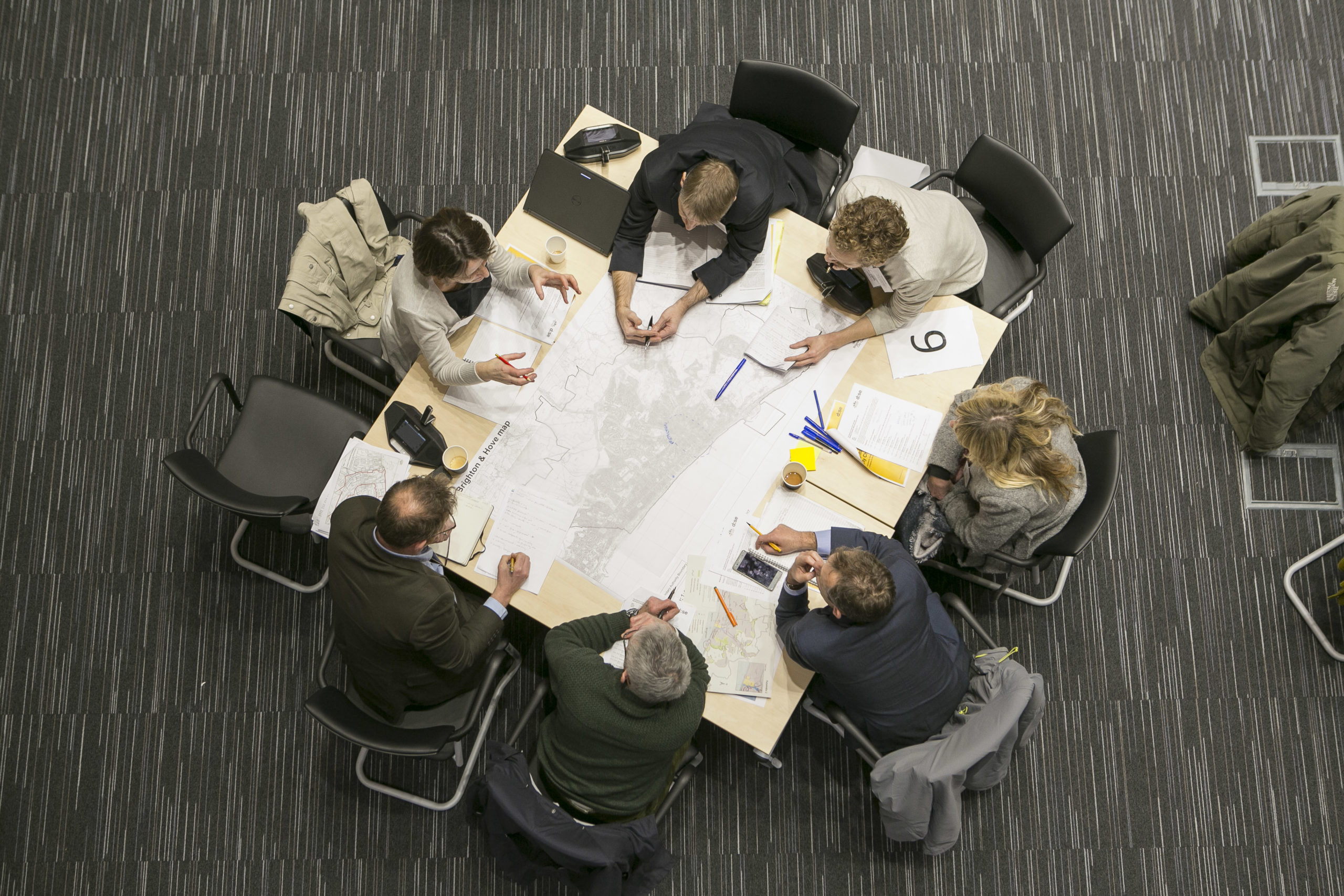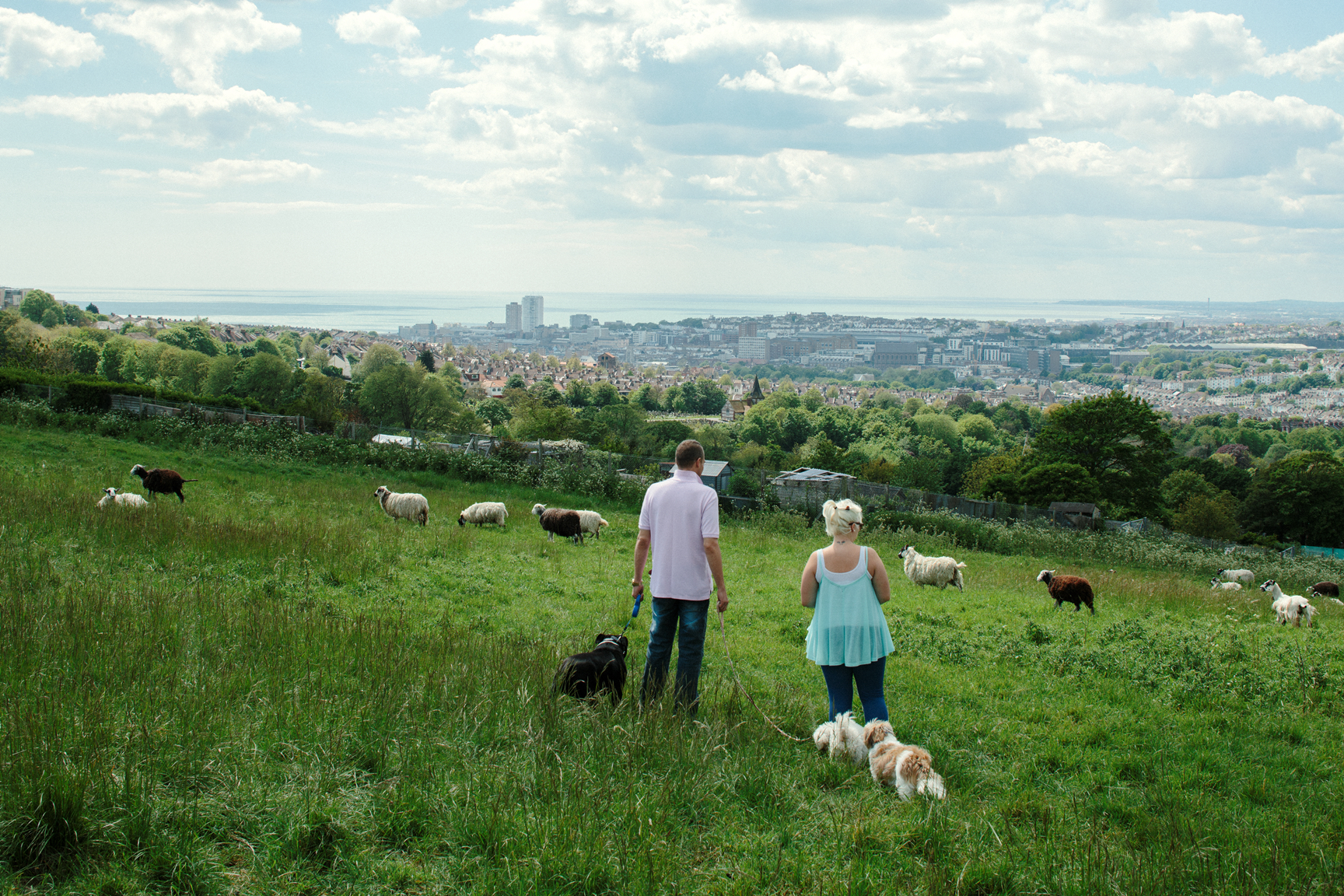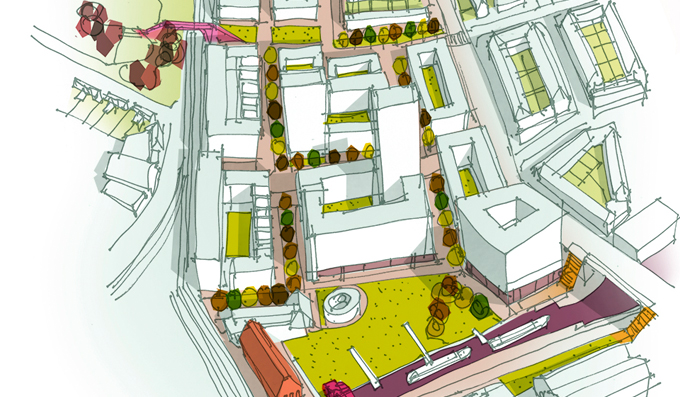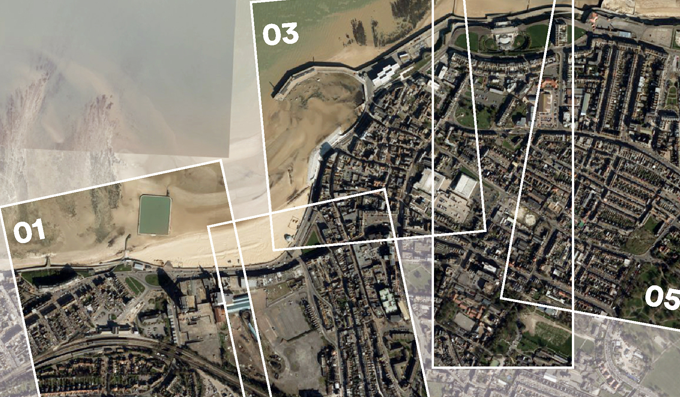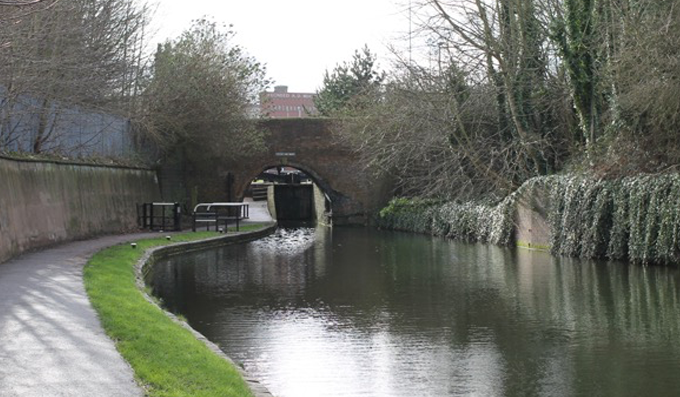Design South East has been championing design quality for 25 years, so we welcome many of the objectives outlined in the Government’s ‘Planning for the Future’ White Paper. This is absolutely the right time to focus on delivering well designed places through proactive, inclusive and collaborative planning.
We would however question the proposed approach to delivering these outcomes. Design codes should be promoted as part of a wider design management system and the definition of what constitutes a well-designed place should be based on the economic, environmental and social value it will deliver. The new system should also take its cue from existing best practice and the carefully developed processes that have shaped numerous great places across the country.
It’s important to recognise that the success of the proposed reforms is dependent on a number of significant changes:
- an increase in demand from the public to engage in planning
- development of the design management skills of local authorities, communities and stakeholders
- a deeper and more consistent dialogue between communities, developers and local authorities in order to enable collaborative plan making and design coding.
- and an increase in local authority capacity to manage design quality, including (but not limited to) the development and governance of design codes.
This level of change is challenging, particularly the task of transforming public apathy to a deeper and participatory interest in the built environment in order to drive engagement in planning. To speed up that process the Government needs to invest in, and promote, a national conversation about design, and support programmes which build the capacity of local communities.
The White Paper recognises that many local authorities will need to strengthen their design capacity. Design South East will be extending its training programmes across the wider south east, to strengthen skills and help local authorities share knowledge and collaborate on best practice. We recognise that design codes will play an important role in delivering well designed places, but our experience tells us that they work best as part of a wider design management system. Our recent work with Suffolk local authorities led to the integration of design quality management within the existing planning process, and a set of shared protocols to be used across the county, providing clarity and consistency for all.
We have seen the value of independently facilitated workshops and charettes to drive effective stakeholder engagement. Dialogue and collaboration between local authorities, stakeholders and community groups will be vital to ensure meaningful participation in plan making and design coding.
Through our work with local authorities we know that a one-size-fits-all approach to the management of design quality, whilst efficient or even cost effective, does not work. Dialogue with our clients has led to a wide range of bespoke and joined-up services for each authority, centred on planning, but extending across other departments, including transport and housing. Our design panel members are key to this. No longer limited to the design review of projects, our panels have evolved into multi-disciplinary groups, anchored in place, and able to provide a range of support across local authorities and on polices, guidance, masterplans and codes.
Informed by best practice, collaboration between developers, consultants, local authorities and organisations like Design South East will enable the step change in design quality sought by the reforms.

